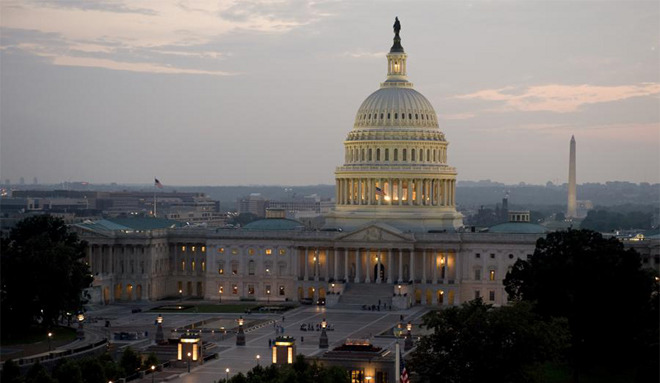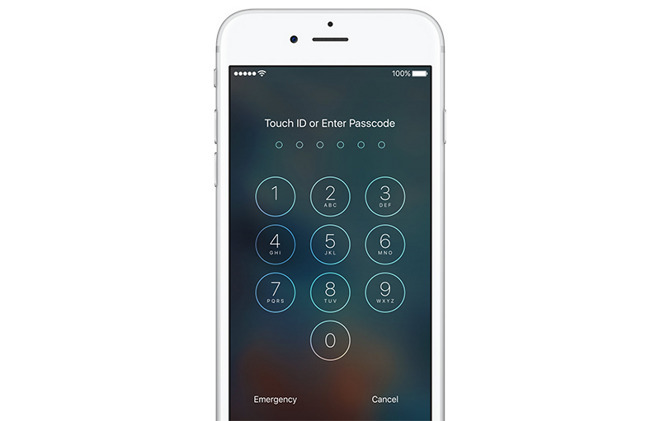The U.S. House of Representatives Judiciary Committee will hold a hearing on encryption next Tuesday, and Apple's top attorney, Bruce Sewell, will be in the nation's capital for the discussion.

Sewell, an Apple senior vice president and the company's general counsel, will take part in a hearing entitled "The Encryption Tightrope: Balancing Americans' Security and Privacy." The discussion will be held on March 1 at 1 p.m. Eastern, 10 a.m. Pacific, and will be streamed live from the Judiciary Committee's website.
Joining Sewell as part of the second panel in the hearing will be Susan Landau, a professor at Worcester Polytechnic Institute, and Cyrus R. Vance, Jr., district attorney in New York County.
A separate panel at next Tuesday's hearing will have just one member: James Comey, director of the Federal Bureau of Investigation. He also spoke before the House Intelligence Committee on Thursday.
"Next week, the House Judiciary Committee will continue its examination of encryption and the questions it raises for Americans and lawmakers," House Judiciary Committee Chairman Bob Goodlatte (R-Va.) and Ranking Member John Conyers (D-Mich.) said in a joint statement. "As we move forward, our goal is to find a solution that allows law enforcement to effectively enforce the law without harming the competitiveness of U.S. encryption providers or the privacy protections of U.S. citizens."

The discussion on encryption and how it affects law enforcement reached a boiling-over point last week, when a U.S. magistrate judge ordered Apple to comply with FBI requests to help extract data from an iPhone owned by one of the shooters involved in the December terrorist attack in San Bernardino, Calif. The device in question is a passcode-protected iPhone 5c that the FBI seeks to unlock.
Following the judge's order, Apple has taken an extremely proactive and public approach to dealing with the issue. Apple Chief Executive Tim Cook issued an open letter to say that the creation of a backdoor tool to access a locked iPhone would set a bad precedent. Security advocates and tech industry insiders have largely sided with Apple, expressing concern over the power the government could wield if it were given backdoor entry into mobile platforms like Apple's iOS.
Cook has also suggested that the U.S. government form a commission to discuss the implications of unlocking the iPhone used by one of the San Bernardino shooters.
"We feel the best way forward would be for the government to withdraw its demands under the All Writs Act and, as some in Congress have proposed, form a commission or other panel of experts on intelligence, technology and civil liberties to discuss the implications for law enforcement, national security, privacy and personal freedoms," Cook said.